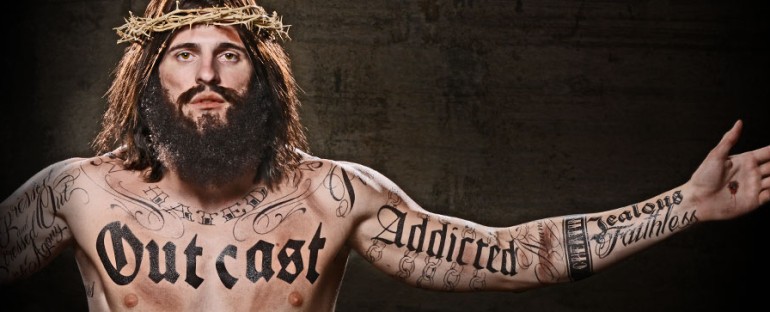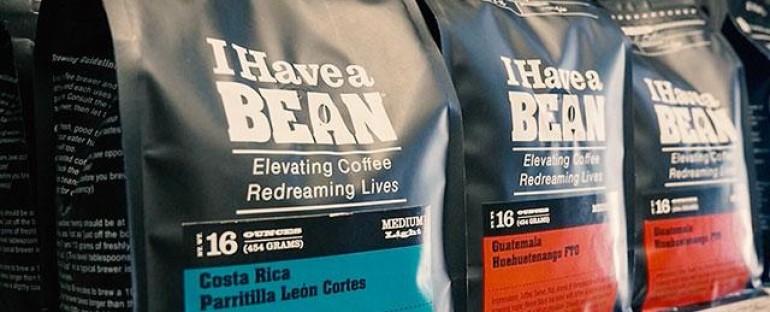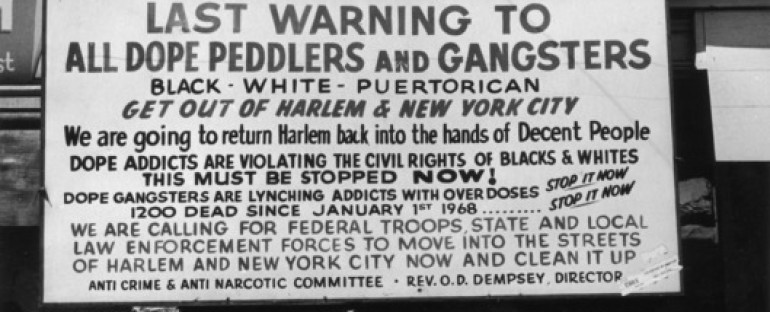


J. R. Woodgates
Tag Archives: restorative justice
A poem by Deon Nowell is featured in Daily Light on the Prisoner’s Path. President Obama granted Deon clemency in 2017. Now he’s mentoring other young men in Charleston. Well done, Deon!
More courageous Christian organizations should follow the lead of this Florida group.
Many prisoners bear (and believe in) ugly identity labels that others have put on them, often beginning in childhood.
Jesus came to “bear our sins in his own body” (see 1 Peter 2:24).
This clever video shows how Jesus can not only erase but replace our labels once we’ve been transformed by him.
New York’s Seventies-era “Rockefeller Drug Laws” were among the most punitive anti-crime, anti-drug legislation ever passed.
Today in many parts of the USA, civil rights advocates condemn overly-aggressive practices used by police to enforce similar laws, saying they too often target poor and inner-city blacks for punishment.
In his book, Black Silent Majority: The Rockefeller Drug Laws and the Politics of Punishment, political scientist Michael Javen Fortner uncovers the inconvenient truth that the impetus behind the adoption of those harsh Rockefeller laws came mostly from black residents, themselves, in Harlem and other black and minority inner-city neighborhoods where rehabilitation-oriented policies of the day were often seen as being too soft on drug pushers and other neighborhood criminals.
Fortner…is hoping to complicate the story that the Rockefeller laws, and others like them, were foisted on black people by white people.
One of my Recommended Readings in Daily Light on the Prisoner’s Path is Redeemed Unredeemable, which tells how seven of America’s most notorious murderers, including serial killers, came to Christ in prison.
Really?
How could certified psychopaths like Ted Bundy and Jeffrey Dahmer or thoroughly brainwashed members of the Manson Family ever sincerely express the true repentance necessary to receive a divine pardon?
The book’s co-author addresses that question on SkyWatch TV.
The Colson Task Force was established by Congressional mandate in 2014 as a nine‐person, bipartisan, blue-ribbon panel charged with developing practical, data-driven recommendations to enhance public safety by creating a more just and efficient federal corrections system.





